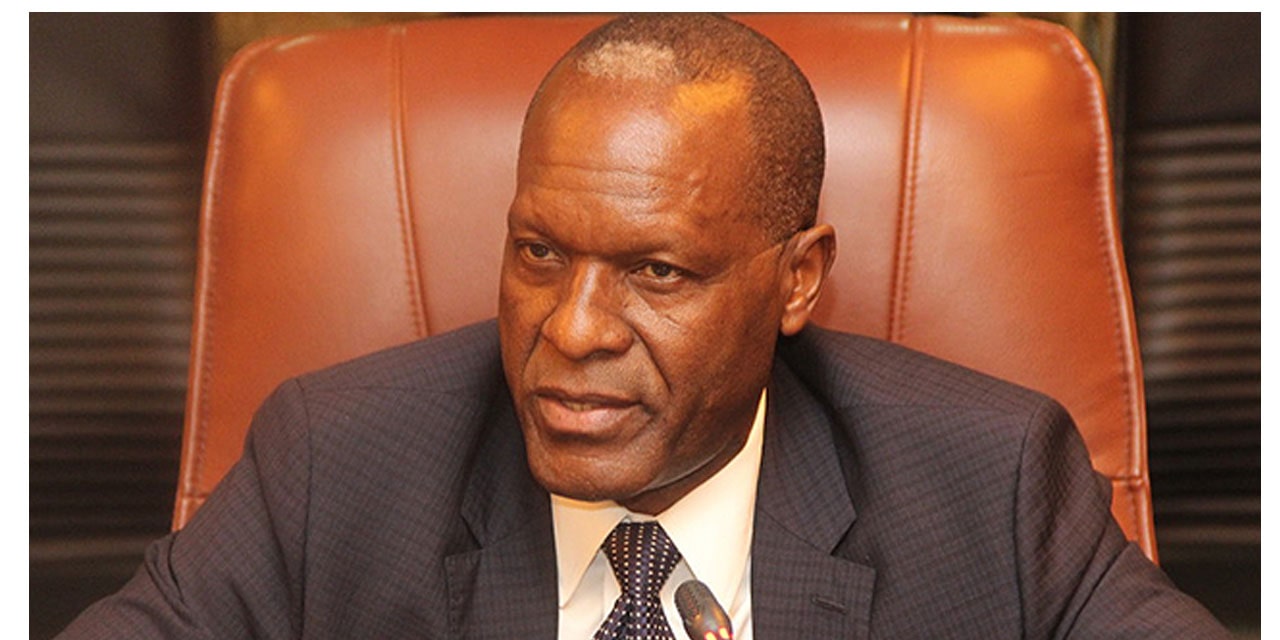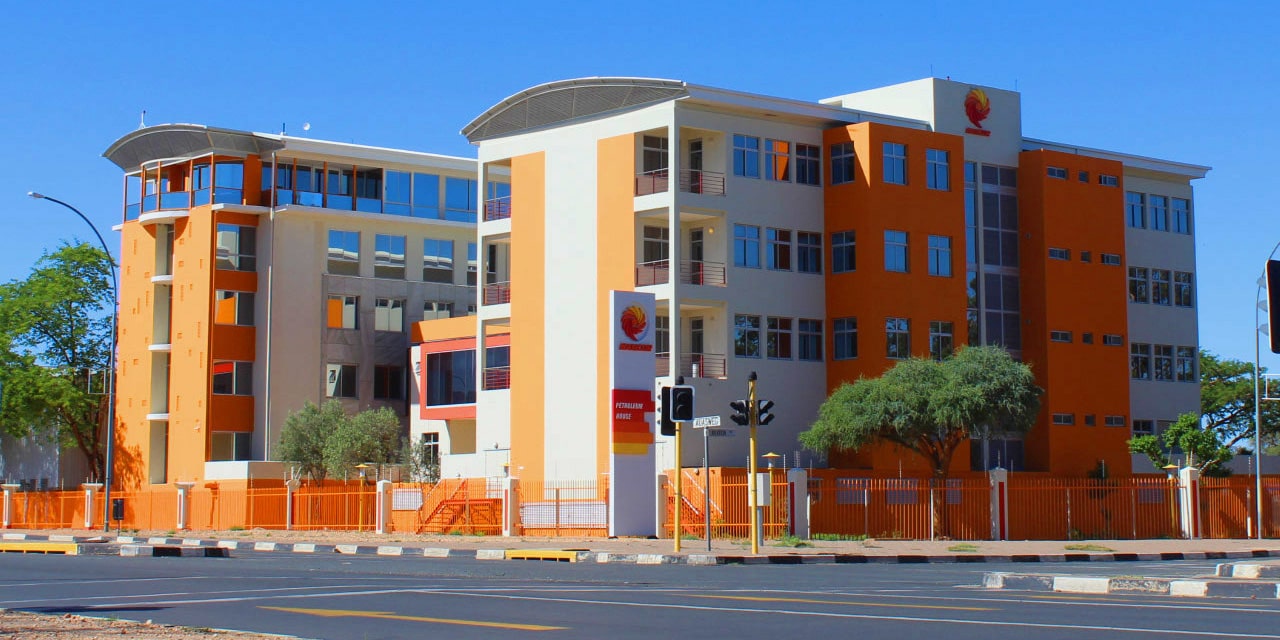Niël Terblanché
If Namibia wants to grow its economy the country should realise that the demand for affordable, available, and access to energy will increase accordingly.
Tom Alweendo, Namibia’s Minister of Mines and Energy, upon welcoming participants in the fifth edition of the Namibia International Energy Conference on Wednesday and said the availability and access to energy sources are not evenly distributed, leading to geopolitical tensions among nations.
“It is essential therefore to handle the country’s energy issue with caution and care to prevent conflicts and ensure sustainable development. The current geopolitical tensions are a clear indication of the importance of giving due diligence to the energy issue,” he said.
The conference which is currently underway in Windhoek and convened policymakers, energy leaders and industry professionals across the African continent and beyond on a platform where they can gather, network, facilitate productive deals, attract critical foreign capital, and drive Namibian energy growth, gain valuable strategic insight and shape the trajectory of the evolving energy landscape.
“It is indeed an interesting time for Namibia, Africa, and the developing world because we are faced with choices that will define the future of the rest of the world and through engagements like these, we slowly oil the system so that it can gear us towards the right decisions,” Alweendo said.
The minister highlighted four critical issues that he hoped the conference would address.
He said the global importance of energy requires careful attention, as demonstrated by the current tensions in geopolitics.
Alweendo also stressed that Namibia and Africa as a whole are experiencing a severe shortage of energy, and it is crucial to utilize all available resources to enhance the well-being of the population. That the recent oil discoveries in Namibia will only be beneficial if managed transparently and inclusively, with a focus on local content and the involvement of the next generation and that it is crucial to be responsible custodians of a valuable resource and manage it sustainably for the present and future generations.
The minister called on participants to be diligent because energy is a crucial resource that affects the economic and social well-being of countries around the world.
“We need to understand the complexities of energy through the economic, environmental, and political crises we face today, revealing what is really going on and what we should do in response. This is a critical time for our planet that demands critical thinking. We cannot manage the energy transition issue in a simplistic manner,” he said.
He said that Namibia and many other countries in Africa face a significant energy deficit, which limits economic growth and negatively affects the living standards of citizens.
“To address this issue, it is vital to make use of all available energy resources, including renewable and non-renewable sources, to improve the livelihoods of people,” he said.
The minister pointed out that Namibia’s Green Hydrogen ambitions are an example of this.
“In our Energy Basket, we aim for Oil, Gas, Renewables, and other sources to be able to feature. This also warrants us to look at new and mixed forms of financing. Perhaps siding with the school of thought that thinks “Sustainable Financing” must include fossil fuels produced sustainably,” he argued.
He pointed out that there is a place for renewable technology in Namibia’s system but that it would mean that the most realistic way must be found to fit the current level of technology into the current energy demand structure, whilst balancing the people, the economy, and the planet.
Alweendo also postulated how all Namibians might benefit.
“I am talking about the impact of these oil and gas discoveries and how green hydrogen can benefit ordinary Namibians. What we cannot and must not neglect is to ensure that the people’s interests are taken care of.,” he said.
The minister said that he has no doubt that recent oil discoveries can and must help unlock industrial activities through the transfer of technology, more value addition in domestic supply sectors, the generation of indirect jobs along the supply chain, and the creation of business opportunities for entrepreneurs from local procurement.
“Notably, these discoveries have been made in the era of reimaging, which provides the framework for us to reimage our socio-economic landscape in ways that benefit Namibians in the present and the future,” he said.
The minister was adamant that the management and exploitation of natural resources cannot continue in a business-as-usual fashion.
“We need to manage the resources with a clear understanding that the resources and the benefits derived from them belong to both the current and future generations. We need to incorporate the problems of tomorrow in today’s policy,” he stressed.
Alweendo told participants that the conference aims to directly address Namibia’s energy issues by “shaping the future of energy towards value creation”, through uniting stakeholders with a common agenda, and facilitating large-scale energy developments and investment across the renewable and natural gas power generation sectors.
“We need to consider how we should critically think about how to navigate the severe energy shortage in the country and on the continent; it is to ensure that we have a framework for the Namibian on the ground to benefit from the oil and gas discoveries and the renewable boom; it is to guarantee that we are responsible custodians of a valuable resource and manage it sustainably for the present and future generations,” he concluded.




